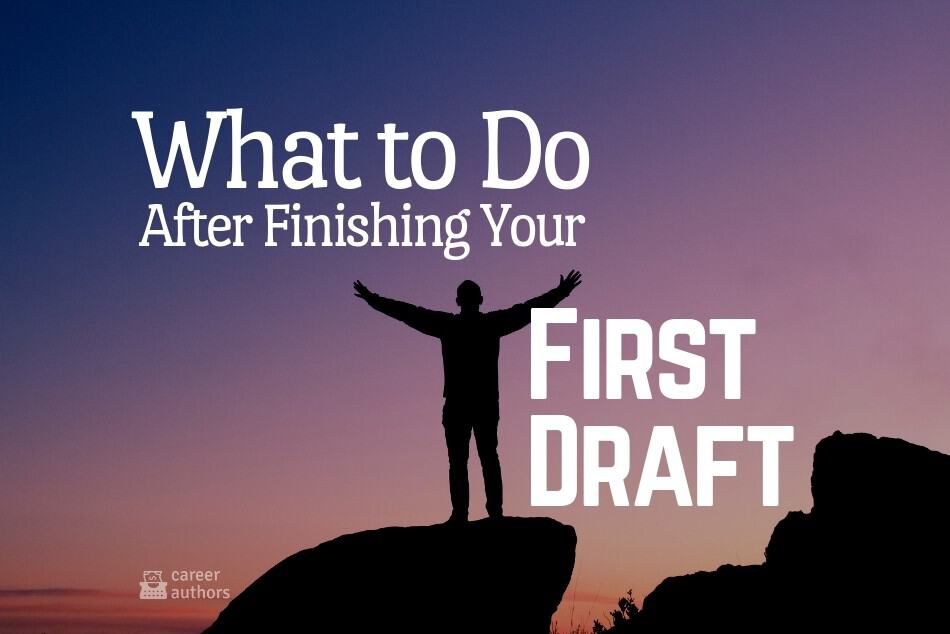An editor friend recently told me of a writer who, upon completing their first draft said, “Whew! Now the heavy lifting is done.” Finishing a first draft is a significant achievement for any writer but—not to be a buzzkill—now is when the real work begins.
After you get through that first draft, you may have an immediate urge to share the manuscript with an agent, an editor or your aunt Delores. Instead, take a deep breath. This is a long journey.
When it comes time to show the world at large, you want your book to be in the best possible shape, without flaws.
If an agent or editor reads your book and finds it problematic, more often than not, you don’t get a second chance.
Aunt Delores will cut you some slack, others will not.
Fix it later?
Some writers expect their writing idiosyncrasies and story kinks will get straightened out later by the professionals. That’s not going to fly in today’s publishing world. Even if it’s brilliant, why should an overworked publishing professional take on your project that still needs significant work when there’s another terrific manuscript right next to it that doesn’t?
With book publishers more focused on marketing than editing, many of today’s literary agents will not submit a book to a busy editor that’s less than 90% ready-to-go.
In other words, heavy lifting ahead.
Stop. Listen.
You are excited and you should be. You think your first draft is perfect, but (sorry) it’s not. Even if you’re convinced it is flawless, you might want to make sure by gathering reader reactions. If you’re in a writers group, you could glean valuable feedback on your book’s strengths and weaknesses.
There are pros and cons regarding the use of beta readers. If you use a beta reader, read up—choose someone whose advice you respect. And while you may respect your spouse or best friend, look elsewhere. Seeking professional advice that pulls no punches, many career authors hire professional editors.
Does this digression make my book look fat?
If you receive surprising, infuriating, conflicting advice, take a step back and try and see it from another angle. Would making this change be a good thing? Try it on and walk around with it a bit.
To degrees both large and small, you may have to let go of what you thought your book would be. If a suggestion to change makes sense, it doesn’t mean you were wrong. It just means your book could be even better.
Learn what you do well and what you can do better.
It’s not easy to hear criticism, but listening is a remarkably useful skill for a career author.
Magical Revision
A first draft is impressive, but effective writing means editing.
Working on each sentence is comparable to revising the whole book: make fewer words have clearer meaning.
Embrace the revision process. It’s where writers often discover their novel’s true essence, or perhaps they come to understand previously unknown aspects of their characters’ inner lives. To some writers’ surprise, a second draft is much more rewarding than the first. This is where the magic happens.
Do it again
The magic may wear thinner on subsequent drafts. However, when an author moaned to me, “I’ve been through this thing five times, I don’t think I can do it again,” I shook my head. It takes as long as it takes—nothing less will do.
You may get to Carnegie Hall by practice, practice, practicing, but you get to the big publishers by revise, revise, revising.
How do you know when it’s done? When a book is on sale.
For career authors, it’s crucial to honor your work along the way. What’s the latest accomplishment on your writer’s journey? Share with us on Facebook.





